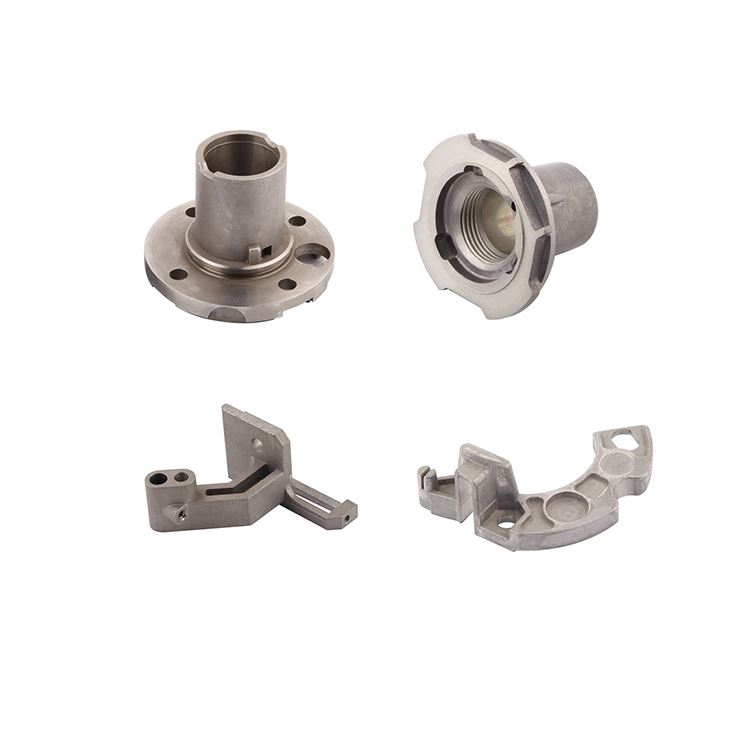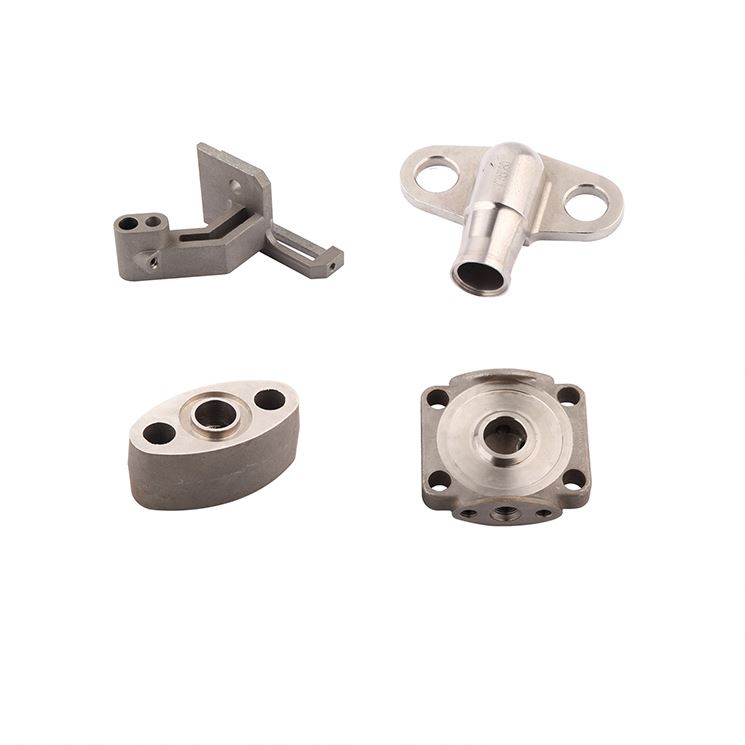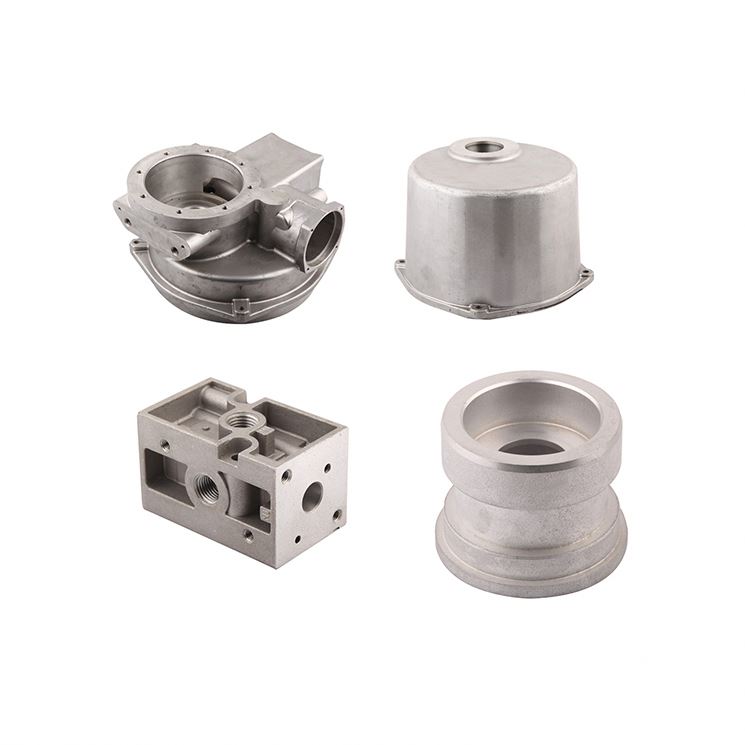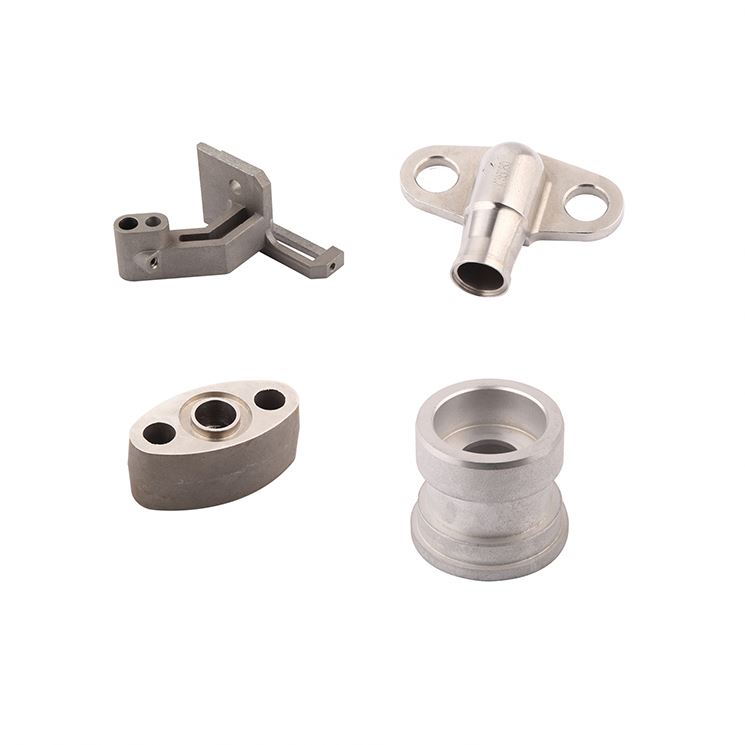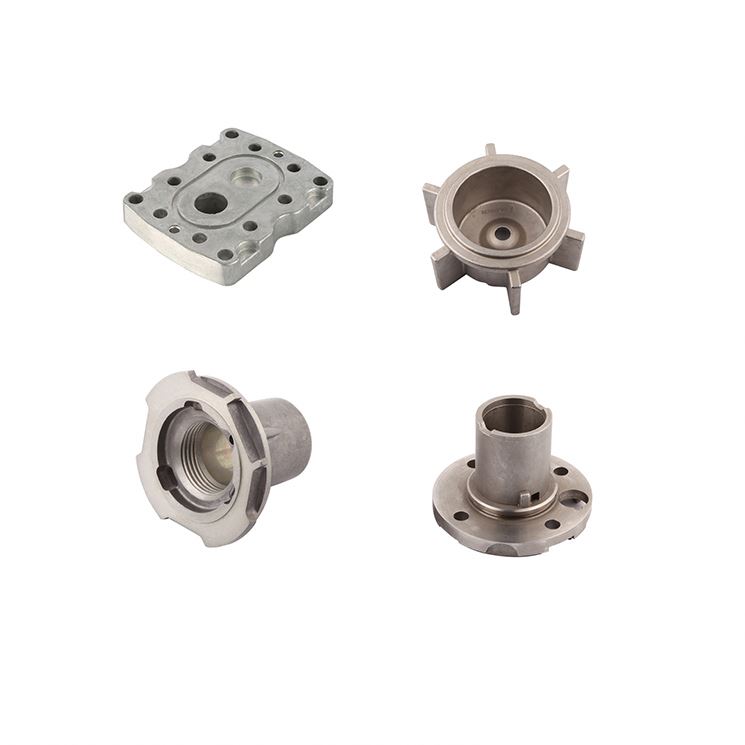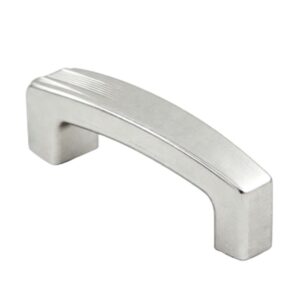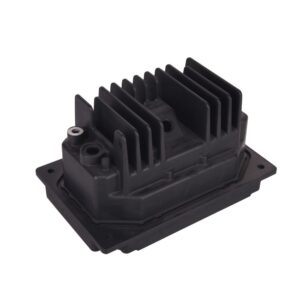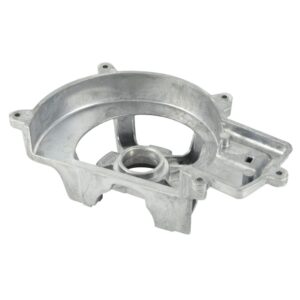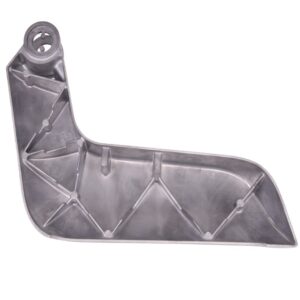Aluminum casting is a process of producing high quality and high tolerance parts by pouring molten aluminum into a mold, form, or die that is precisely designed and engineered.
The process uses various aluminum alloys and it’s an efficient choice when you need to produce intricate, complex, and detailed parts that match the exact precision of your original design.
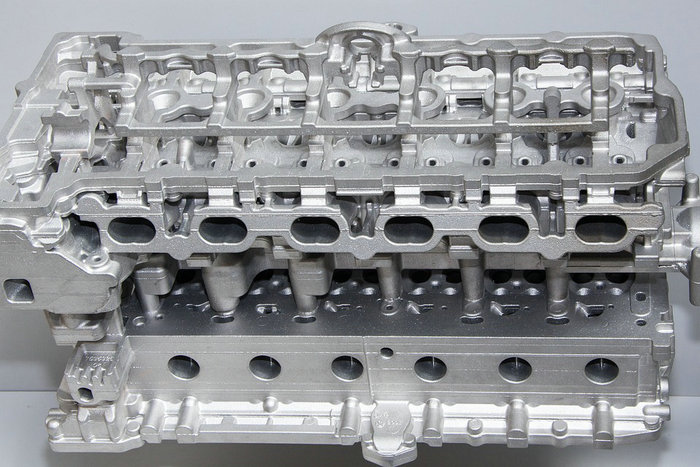
Aluminum casting takes place immediately after it has been extracted. Its castings are popular because they are lightweight and can still withstand the high temperatures used in aluminum die casting.
After deciding that aluminum die casting is a perfect choice for your project, you need to choose an appropriate alloy.
Major aluminum alloys
Aluminum is the third most common element on earth. However, it is difficult to extract aluminum from the earth because of the complicated and complex processes that are needed.
In many cases, aluminum is alloyed with different metals to enhance its properties and that of the alloy. You must find the right alloy for your project to be successful.
The following are the types of aluminum alloys that exist:
- AA-8000: used for building wire per the National Electrical Code
- Zamak (zinc, aluminum, magnesium, copper)
- Alclad: aluminum sheet made by bonding high-purity aluminum to a high strength core material
- Alnico (aluminum, nickel, copper)
- Al-Li (lithium, sometimes mercury)
- Magnox (magnesium oxide, aluminum)
- Nambe (aluminum plus seven other unspecified metals)
- Birmabright (aluminum, magnesium)
- Duralumin (copper, aluminum)
- Hindalium (aluminum, magnesium, manganese, silicon)
- Titanal (aluminum, zinc, magnesium, copper, zirconium)
- Aluminum forms other complex alloys with magnesium, manganese, and platinum
- Magnalium (magnesium)
- Silumin (aluminum, silicon)
Due to the common names between aluminum alloys, you can identify them with a four digit number as shown below:
- 1000:This aluminum alloy series has 995 or higher purity aluminum
- 2000:The principal alloying element is copper. Heat treatment improves the strength of this alloy.
- 3000:The main element here is manganese. The 3003 series is the most common aluminum alloy in this series and it is used in making utensils
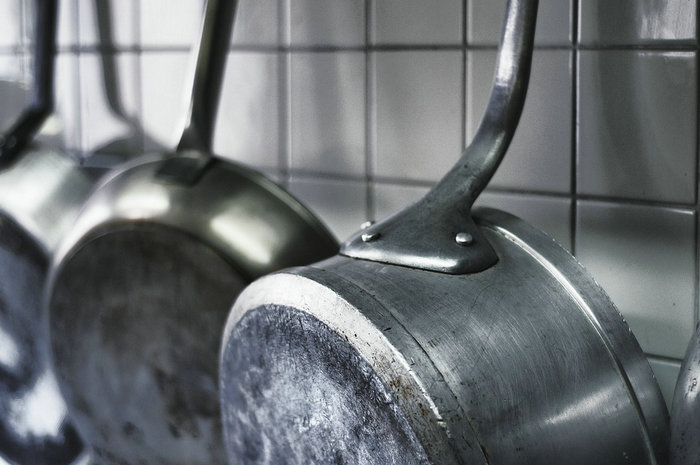
- 4000:Silicon is added to aluminum to make this series. This lowers the metal’s melting point without causing it to be brittle.
- 5000:Magnesium is the principal alloy in this series. This alloy is wear resistant, marine corrosion resistant and weldable.
- 6000:These alloys contain magnesium and silicon that combine to form magnesium silicide. They have moderate strength and great corrosion resistance
- 7000:Zinc is the main alloying component in the 7 series. The alloy from this is very strong and heat treatable.
- 8000:These aluminum alloys are made with other elements.
The aluminum alloy formed from manganese, 3000 series, has great workability, corrosion resistance and is the strongest alloying element
Characteristics of aluminum alloys
Choosing the suitable aluminum alloy for your applications requires you to weigh the different qualities of the alloys. The alloy you pick for die casting directly affects the process.
The following are some of the qualities to consider in an aluminum alloy to be used in die casting:
- Die soldering:This is where the cast sticks to the walls of the die and injection becomes difficult. This can damage both the die and cast. Therefore, choose an aluminum alloy that has high anti soldering characteristics.
- Hot cracking:This is also called solidification of cracking and it is a die casting defect that can cause the internal or external parts of an aluminum alloy to crack or tear. Some casting alloys are susceptible to this compared to others and you should keep this in mind.
- Wear resistance:This can help you differentiate the many casting alloys. If you’re making parts subjected to constant friction, then consider this aspect as you choose your die castings.
- Corrosion resistance:The level of corrosion resistance varies for different aluminum alloys. Choose according to the environmental condition your die casting will be exposed to. The 5000 series has high corrosion resistance in marine bodies.
- Surface machinability and treatments:Aluminum die castings often require surface treatment or shaping after leaving the die. Some aluminum castings take the post cast procedures easily compared to others and you should consider these machining characteristics before choosing the casting alloys.
There is not one-fits-all alloy for all your applications. Hence, you should carefully choose based on the casting characteristics above.
Heat treatments for aluminum alloys
Depending on your ductility and strength needs, heat treatments further increase the hardness, strength, and other mechanical properties. The heat treated alloys can be used for structural applications.
Annealing treatment is done once the investment casting process is completed. It involves heating the alloy up to three hours to recrystallize the cast aluminum making the component easy to work with.
Solution heat treatment is similar to annealing but involves a quenching process that cools the aluminum die casting alloy after heating to preserve the distribution of elements.
Once the alloy is cooled, an aging process is chosen depending on the amount of time needed to work the die casting.
Advantages of aluminum casting
The following are the benefits of using aluminum alloys:
- Fully recyclable
- Great pressure tightness
- Excellent thermal conductivity
- High thermal and electrical conductivity
- Excellent corrosion resistance
- Better creep resistance
- Maintains high dimensional stability
The benefits of aluminum die casting are many and these are just a few. Depending on the series you choose, there are other individual benefits.
Options for aluminum casting machining and finishing
Aluminum is aesthetically pleasing because of its high reflectivity. This quality can be exploited to design a product with a clean surface finishing.
The following are the various coatings and finishes that can help your aluminum achieve lustrous and durable quality:
- PVDF coatings
- Powder coatings
- Liquid paints
- Anodizing
- Heat treating
- Cold working
- Primarily rolling
The aluminum surface can be further enhanced through the natural formation of an oxide layer. The layer can be made thicker by anodizing the product.
Applications of aluminum casting
There are broad uses of aluminum die casting because of the diversity of alloys. These are some of the applications:
- Used in improving fuel efficiency of automotives by cutting the weight of engines and body panels
- Die castings provide RFI/EMI durability, shielding and rigidity in hand tools
- Die cast aluminum is perfect for electronic housing and connectors due to its excellent shielding properties and electrical performance
- Used in infrastructure and networking equipment in computing and telecom industries
- Used in aerospace industry to make the various parts of the aircraft
Depending on the industry, pick an alloy with properties that best suit that.


